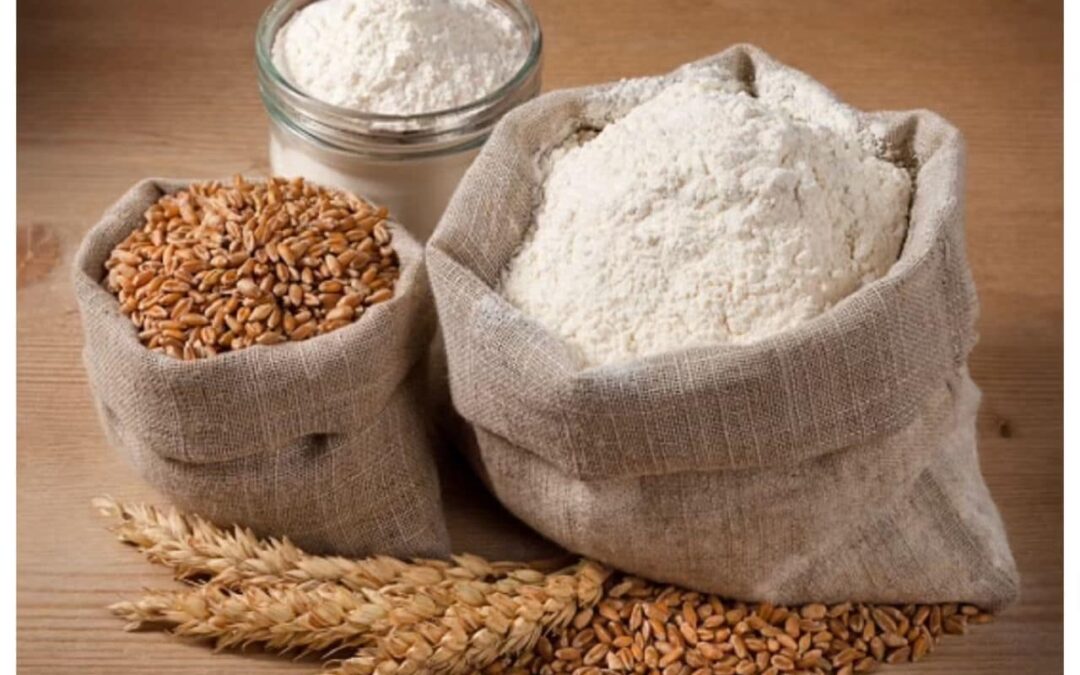The government’s decision to lift restrictions on ethanol production from sugarcane juice, syrup, and all types of molasses in 2025/26 is expected to have a direct impact on the prices of everyday food staples.
By allowing sugar mills and distilleries to produce ethanol without any quantitative limits, the move, while aimed at promoting biofuels such as E20, has created pressure on wheat, maize, sugar, and other agricultural commodities, indirectly affecting prices in the kitchen. Reports suggest that this policy shift is already contributing to higher costs for staples like atta, maida, and suji.
Rising Wheat Prices Linked to Ethanol Production
The diversion of maize and sugarcane for ethanol production has affected the wheat market. Wheat and wheat-based products have seen about a 10 percent increase in prices compared to the previous year, primarily because maize, which was previously used as animal feed, is now being diverted for ethanol production.
The resulting by-product of maize-based ethanol, distillers dried grains soluble (DDGS), is cheaper by about 80-100 percent and richer in protein than wheat bran, forcing wheat processors to raise prices for atta, maida, and suji to offset lower returns on wheat bran.
Navneet Chitlangia, president of the Roller Flour Millers Federation of India, explained, “Bran accounts for 30 percent of the total output of wheat processing.” With maize-based DDGS becoming abundant, the price of over 90 percent of wheat bran crashed, compelling wheat millers to increase flour prices.
To limit further price rises during the festival season, the government recently tightened stock limits on wheat, while the wheat industry has urged opening up exports of wheat bran. “We will be able to control the increase in wheat prices if we can quicken wheat bran export,” said Khaitan.
Impact on Rice and Other Staples
Rice-based ethanol production is also constrained by economics. According to a report, The Food Corporation of India (FCI) is selling rice at Rs. 22,500 per ton, while oil marketing companies procure rice-based ethanol at Rs. 58.5 per litre, which does not provide enough margin to significantly increase production, according to Akshay Modi, managing director of Modi Naturals Ltd. This makes rice a limited contributor to ethanol expansion and keeps rice prices elevated in the market.
Also Read: 2 Stocks to buy now for an upside of up to 57%; Recommended by ICICI Securities
Broader Food Price Pressures
Rising ethanol production is likely to put additional upward pressure on everyday food prices. Increased diversion of sugarcane to ethanol reduces the availability of sugar for consumption and exports, while more corn going into ethanol limits feed supplies for livestock. Higher feed costs in turn push up prices of milk, meat, and eggs.
Shifts in farmland toward sugarcane and maize also constrain oilseed production, while transport costs, seasonal crop diversions, and speculative hoarding of grains and sugar amplify price pressures. Consequently, processed food prices are expected to climb alongside sugar and grain costs.
Temporary Softening of Prices
Despite these pressures, wheat product prices have seen a minor softening of about 1-1.5 percent in some areas due to reduced demand following heavy rainfall in parts of north India, according to millers. However, this is expected to be a temporary reprieve, with structural supply-demand shifts likely to keep prices elevated in the medium term.
Conclusion
While lifting ethanol restrictions supports biofuel targets and energy policy goals, it has created significant ripple effects in the food sector. Wheat, rice, sugar, and maize markets are already experiencing price pressures, which, in turn, are impacting everyday staples like atta, maida, suji, milk, and processed foods. Unless mitigation measures such as wheat bran exports or alternative feed sources are effectively implemented, consumers may face sustained increases in household food costs.
Written By Manan Gangwar
Disclaimer

The views and investment tips expressed by investment experts/broking houses/rating agencies on tradebrains.in are their own, and not that of the website or its management. Investing in equities poses a risk of financial losses. Investors must therefore exercise due caution while investing or trading in stocks. Trade Brains Technologies Private Limited or the author are not liable for any losses caused as a result of the decision based on this article. Please consult your investment advisor before investing.





